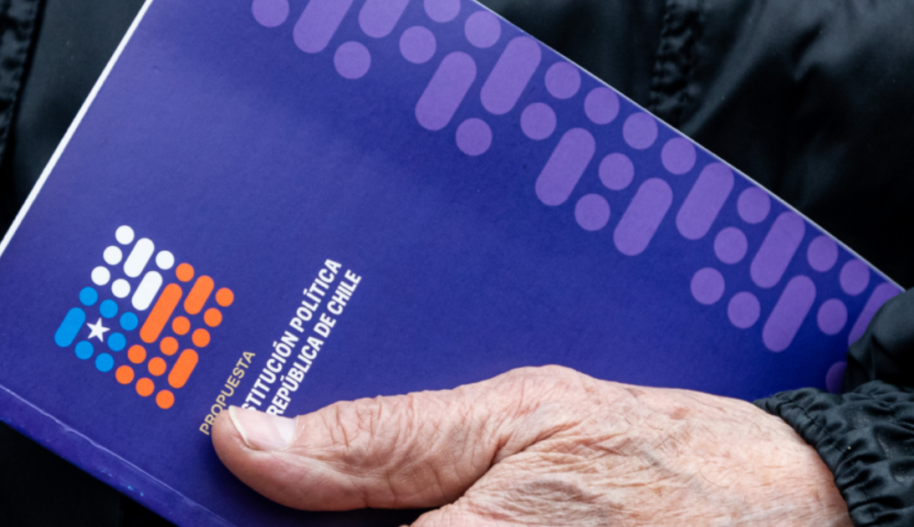September 5, 2022
Chile will have to continue building upon its process for a new Constitution so that it can become a reference point in the field of human rights, said Amnesty International, following a plebiscite that resulted in the rejection of a proposed new Constitution.
The result of the vote means that the Constitution originally enacted under the government of Augusto Pinochet, which for decades has worked to the benefit of some and not others, exacerbating inequalities and precariousness, will continue to remain in place in the country. Although the public did not approve the proposal drafted by the Constitutional Convention, it has been proved on countless occasions that the Constitution hinders the changes necessary to achieve a more just Chile and it is therefore essential to continue the efforts to change it.
“We regret that the result of the referendum resulted in the rejection of a new Constitution, which had the opportunity to improve the living conditions of all people in Chile and move towards greater levels of justice. However, we celebrate the efforts that have been made to build a more just and free country, and we trust that this process will continue until Chile has a constitutional framework that meets the needs of all people in the country. We will never stop fighting until this dream becomes a reality,” said Erika Guevara-Rosas, Americas director at Amnesty International.
“Social movements and citizens have raised their voices to demand better living conditions, but it is difficult to see how the root causes of this situation can be addressed while an inherently unjust Constitution that originated in a painful period in Chile’s history remains in place. This is why almost 80% of the population voted in favour of having a new Constitution in 2020,” said Rodrigo Bustos, executive director of Amnesty International Chile.
Keeping the 1980 Constitution means that addressing the abuses and situations of vulnerability experienced by a large part of Chilean society, which would have found effective answers in the new Constitution and the regulations flowing from it, is no longer a possibility in the short to medium term.
“From today we must focus special attention on the future of the country and continue pushing for new spaces that will allow us to move forward and build a state capable of embracing and protecting all its people. That is why we will continue working to make progress in changing the text of the Chilean Constitution, and we call on all those who promoted the choice to reject to continue to commit to the constitutional process, to live up to this commitment and ensure that the new text maintains all the advances in human rights that the rejected Constitution contained,” said Rodrigo Bustos.
For more information or to arrange an interview, please contact Duncan Tucker: +52 55 4848 8266, duncan.tucker@amnesty.org













